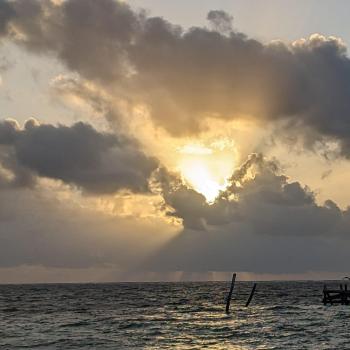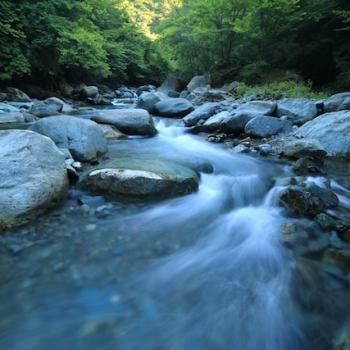Alex is a trial attorney who knows how to be assertive and use the authority of his position. He began as a public defender and his closeness to people under the thumb of authority has always made him fight for the underdog. A few years ago, Alex became obsessed with mountain climbing. After immersing himself for eighteen months, he began taking trips around the world, trying to conquer legendary climbs.
Last spring, he traveled to a western province of Mongolia to climb Mount Khuiten, which stands on the edge of the Gobi Desert. All expeditions up Mount Khuiten begin in Ulaanbaatar, which sits on the edge of a barren landscape. The trek begins with a day’s walk across the open, green steppes that approach the Altai Mountains. Along the way, Alex saw yaks, sheep, and double-humped camels. He was eager to stand on the 14,350-foot snowcapped summit, from which you can see Russia, China, and Mongolia.
By the second day, Alex was already weary. His determined intent to conquer the mountain began to fade. He was settling into the tired rhythm of planting one foot in front of the other. Talk drifted away into the uneven rhythm of everyone’s heaving breath, and there was only the sound of the ponies carrying their gear.
On the third day, they camped on a plateau and Alex was no longer sure why he was there. As he told me his story, Alex grew tender. He said that everything began to drop away that afternoon. Camped out on the plateau, he felt that the wind of centuries would not slow for any living thing. His obsession with climbing, his work, his career, his training, his history, his dreams, all began to fall off like frozen supplies too heavy to carry. As he focused on his cold breath, he even let his name slip away for a moment. All that was left was the bare fact of his own existence, the fact of his breath connecting him to the fact of all existence. He was a piece of life living—that was all.
The weather worsened and the climbers had to come down without cresting the summit. It didn’t matter to Alex, as he’d found what he didn’t know he’d come for. As he descended, he put back on all the aspects of his life: his name, his history, his training, his career. But as he tried to put his will back on, it no longer seemed to fit. With each step down the mountain back into the world, Alex was remade.
Of course, to live in the world we have to wear clothes and have an identity in order to make our way. But it makes a difference when we can show our heart’s face without any covering. Though we can’t stay this naked, we’re sanctified in such moments to have the ancient air touch our soul. Alex encountered the authority of his own being and the authority of all being on the side of that mountain.
This inner quality of authority invokes the touchstone of certainty by which we know first-hand that we’re alive. Our inner authority emanates from the nakedness of our soul. Once we remove our masks and opinions, our authority of being resides in whatever point of stillness we can no longer question. Our authority of being resides in the fact of being here, regardless of what circumstance surrounds us, regardless of what we have to put back on to live in the world.
A Question to Walk With: Describe one place in you that feels both fragile and unbreakable. How did you come to know this place in you?
Last month, Atria published my new book, The One Life We’re Given: Finding the Wisdom that Waits in Your Heart. To make the most of being here, we’re required to learn when to try and when to let go. This is our initiation into grace. The gift and practice of being human centers on the effort to restore what matters and, when in trouble, to make good use of our heart. No one quite knows how to do this, but learn it we must. There is no other way. By fully living the one life we’re given, we’re led to the wisdom that waits in our heart. The above piece is an excerpt from the book.
*photo credit: unsplash.com














